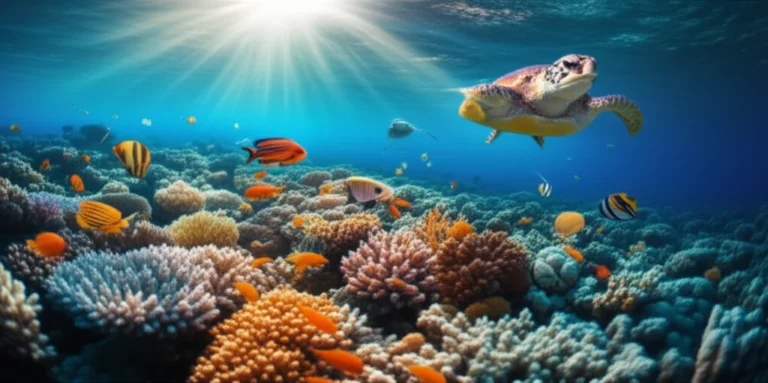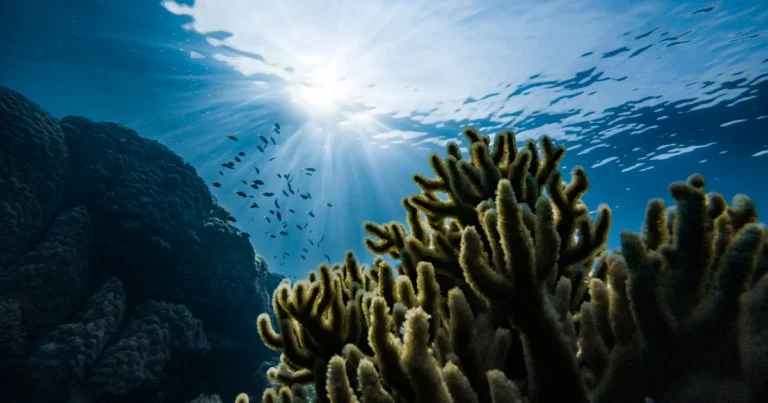Support our educational content for free when you purchase through links on our site. Learn more
What Is Ocean Conservation? 🌊 7 Essential Facts You Need to Know (2025)
Did you know that our oceans produce over half of the world’s oxygen and absorb nearly a third of human-made carbon dioxide? Yet, they’re facing unprecedented threats—from plastic pollution swirling in giant gyres to coral reefs bleaching under warming seas. At Gone Greenish™, we’ve dived deep into the world of ocean conservation to uncover what it truly means, why it matters, and how you can be part of the solution. Whether you’re a curious beachgoer, a seafood lover, or an eco-warrior in training, this guide will equip you with everything you need to know to protect our blue planet.
Stick with us as we explore the history and science behind ocean conservation, reveal the biggest challenges threatening marine life, and share practical ways you can make a splash in preserving ocean health. Plus, we’ll uncover some surprising connections between your daily habits and the fate of the seas. Ready to ride the wave toward a healthier ocean? Let’s dive in!
Key Takeaways
- Ocean conservation is the protection and sustainable management of marine ecosystems to ensure biodiversity, climate regulation, and human well-being.
- The oceans face major threats including plastic pollution, overfishing, climate change, and habitat destruction.
- Marine Protected Areas (MPAs) and sustainable fishing practices are critical tools in conserving ocean health.
- Individual actions like reducing plastic use, choosing sustainable seafood, and supporting conservation organizations can make a meaningful impact.
- The ocean’s health is deeply connected to climate regulation, food security, and human health, making conservation a global priority.
Table of Contents
- ⚡️ Quick Tips and Facts: Your Ocean Conservation Cheat Sheet
- 🌊 The Ocean’s Pulse: A Deep Dive into Marine Conservation History & Why It Matters
- 🧐 Unraveling the Mystery: What Exactly is Ocean Conservation?
- 💙 Why Our Blue Planet Needs Us: The Critical Importance of Ocean Conservation
- 🚨 The Tides of Trouble: Major Threats to Our Oceans & Marine Life
- 1. 🗑️ Plastic Peril: The Scourge of Marine Pollution
- 2. 🎣 Overfishing Frenzy: Depleting Our Marine Resources
- 3. 🌡️ Climate Catastrophe: Ocean Acidification & Warming Waters
- 4. 💔 Habitat Havoc: Coral Bleaching & Coastal Destruction
- 5. 🔇 Silent Killers: Noise Pollution & Chemical Runoff
- 6. 🚢 Shipping & Oil Spills: Industrial Impacts on Marine Ecosystems
- 🛠️ Charting a New Course: Global & Local Ocean Conservation Efforts in Action
- 1. 🏞️ Marine Protected Areas (MPAs): Sanctuaries for Sea Life
- 2. 🐟 Sustainable Fishing Practices: Reel in Responsibility, Not Just Fish
- 3. ♻️ Tackling Pollution: From Microplastics to Macro Solutions
- 4. 🌿 Restoration & Rehabilitation: Healing Our Wounded Waters
- 5. ⚖️ Policy, Legislation & International Cooperation: Making Waves in Governance
- 6. 🚀 Technological Innovations for Ocean Health: Smart Solutions for a Blue Future
- 7. 🤝 Citizen Science & Community Engagement: Everyone’s a Guardian
- 👋 Your Wave of Change: How YOU Can Support Ocean Conservation Today
- 1. 🛒 Conscious Consumerism: Making Smart Seafood & Product Choices
- 2. 💧 Reducing Your Plastic Footprint: Small Steps, Big Impact
- 3. 🗣️ Advocacy & Education: Be a Voice for the Voiceless
- 4. 🧑 🔬 Volunteering & Citizen Science: Get Your Hands Wet for Research
- 5. 💚 Supporting Ocean Heroes: Donations & Partnerships with Impact
- 6. 🏡 Green Living at Home: Everyday Choices for Ocean Health
- 🌍 Beyond the Blue: Related Environmental Insights & Our Interconnected World
- ✨ Conclusion: Riding the Wave Towards a Healthier, Happier Ocean
- 🔗 Recommended Links: Dive Deeper into Ocean Wisdom
- ❓ FAQ: Your Burning Ocean Conservation Questions Answered
- 📚 Reference Links: Our Sources, Your Trusty Guides
Quick Tips and Facts: Your Ocean Conservation Cheat Sheet
As health nuts at Gone Greenish™, we’re passionate about a healthy you and a healthy planet. Our journey to explore ocean conservation begins with understanding its importance. To learn more about ocean conservation, check out our article on ocean conservation. For a deeper dive, visit the National Oceanic and Atmospheric Administration (NOAA) website. Here are some quick tips and facts to get you started:
- Reduce plastic use: Refuse single-use plastics, and opt for reusable bags, water bottles, and straws.
- Choose sustainable seafood: Look for certifications like the Marine Stewardship Council (MSC) or the Aquaculture Stewardship Council (ASC).
- Conserve water: Take shorter showers, fix leaks, and use water-efficient appliances to reduce wastewater that can harm marine life.
- Support ocean-friendly policies: Stay informed about local and national policies that impact ocean health, and contact your representatives to express your support.
The Ocean’s Pulse: A Deep Dive into Marine Conservation History & Why It Matters
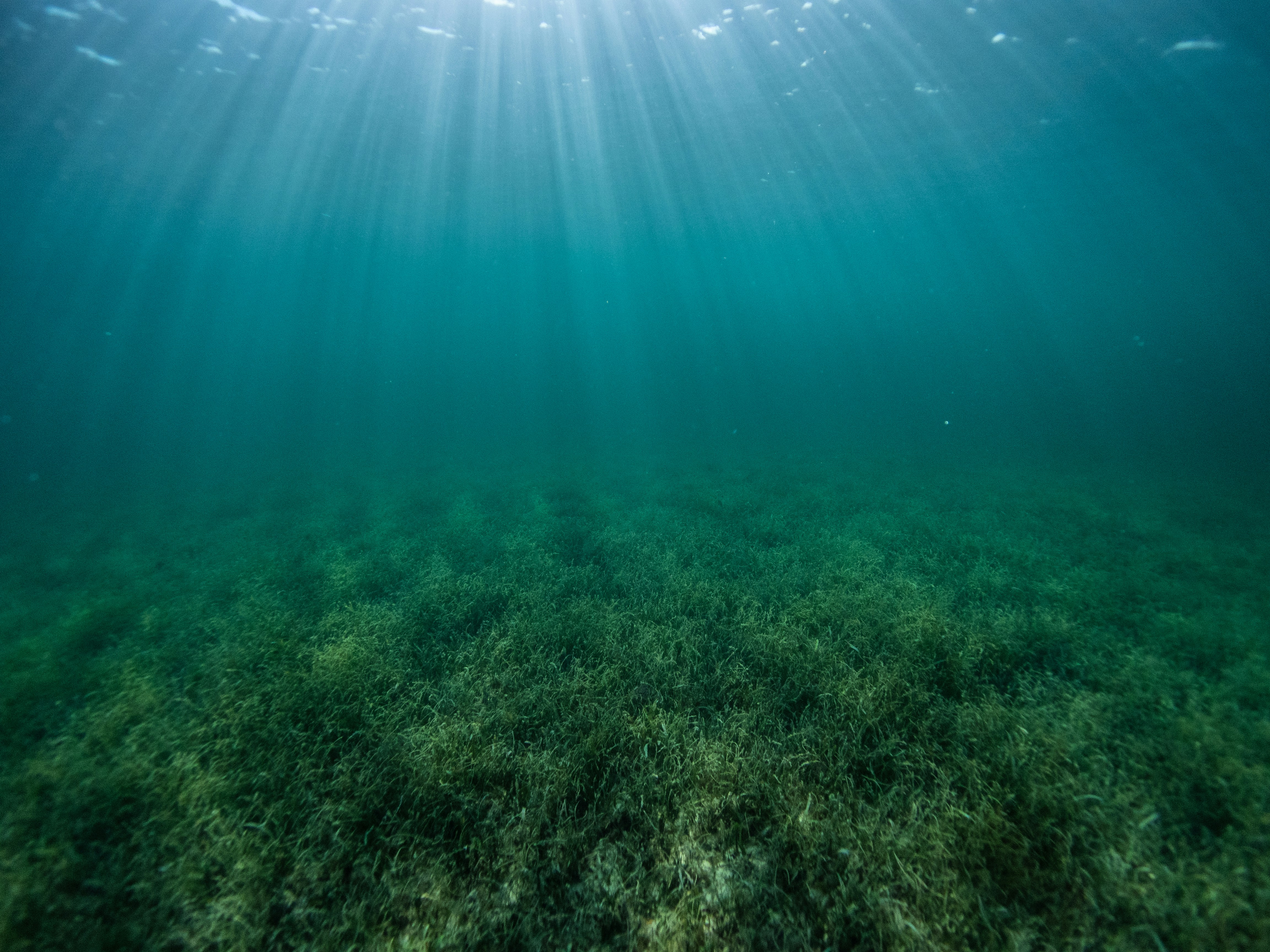
Marine conservation has a rich history, with early efforts focusing on overfishing and habitat destruction. According to the United Nations, the world’s oceans cover over 70% of the planet, providing half of the oxygen we breathe and supporting a vast array of marine life. As we explore the importance of ocean conservation, we’ll delve into the pillars of ocean health, including biodiversity, ecosystem services, and climate regulation. For more information on ocean conservation history, visit the Ocean Conservancy website.
Unraveling the Mystery: What Exactly is Ocean Conservation?
Ocean conservation encompasses a broad range of activities aimed at protecting the world’s oceans and the life they support. It involves managing human impacts on the marine environment, such as pollution, overfishing, and coastal development.
Defining Marine Conservation: More Than Just Saving Whales
Marine conservation is often associated with iconic species like whales, dolphins, and sea turtles. However, it’s much broader, encompassing the entire marine ecosystem, from coral reefs to deep-sea trenches. The National Geographic provides an in-depth look at marine ecosystems and the importance of conservation.
The Pillars of Ocean Health: Key Principles for a Thriving Blue Planet
The pillars of ocean health include:
- Biodiversity: The variety of marine life, from tiny plankton to massive blue whales.
- Ecosystem services: The benefits that humans derive from the ocean, such as food, coastal protection, and climate regulation.
- Climate regulation: The ocean’s role in absorbing carbon dioxide, producing oxygen, and influencing global climate patterns.
Why Our Blue Planet Needs Us: The Critical Importance of Ocean Conservation
The ocean plays a vital role in supporting life on Earth, and its conservation is essential for human well-being. The World Wildlife Fund (WWF) highlights the importance of ocean conservation in maintaining healthy ecosystems and supporting human livelihoods.
Biodiversity Hotspots & Ecosystem Services: Nature’s Life Support
The ocean is home to an incredible array of biodiversity hotspots, including coral reefs, kelp forests, and deep-sea vents. These ecosystems provide essential services, such as:
- Food security: The ocean is a vital source of protein for millions of people worldwide.
- Coastal protection: Coral reefs and mangroves help protect coastlines from erosion and storm damage.
- Climate regulation: The ocean absorbs carbon dioxide and produces oxygen, influencing global climate patterns.
Climate Regulation & Carbon Sinks: Our Ocean’s Unsung Hero
The ocean plays a critical role in regulating the climate, absorbing 25% of the carbon dioxide released into the atmosphere each year. This process, known as ocean carbon sequestration, helps mitigate the effects of climate change. For more information on ocean carbon sequestration, visit the Intergovernmental Panel on Climate Change (IPCC) website.
Food Security & Livelihoods: Sustaining Communities from the Sea
The ocean provides a vital source of food and livelihoods for millions of people worldwide. Sustainable fishing practices and marine protected areas can help ensure the long-term health of these resources. The Food and Agriculture Organization (FAO) of the United Nations provides guidance on sustainable fishing practices.
Our Health, Our Ocean: The Human Connection to Marine Wellness
The ocean has a profound impact on human health, from providing medicines to influencing mental well-being. The World Health Organization (WHO) highlights the importance of ocean conservation in maintaining human health.
The Tides of Trouble: Major Threats to Our Oceans & Marine Life
The ocean faces numerous threats, including:
- Plastic pollution: Plastic waste harms marine life, contaminates the food chain, and affects human health.
- Overfishing: Excessive fishing depletes fish populations, damaging the delicate balance of the marine ecosystem.
- Climate change: Rising temperatures, ocean acidification, and increased storm frequency threaten the very foundation of marine life.
1. Plastic Peril: The Scourge of Marine Pollution
Plastic pollution is a growing concern, with millions of tons of plastic waste entering the ocean each year. The Ellen MacArthur Foundation provides insights into the impact of plastic pollution on the ocean.
2. Overfishing Frenzy: Depleting Our Marine Resources
Overfishing is a significant threat to the ocean’s health, with many fish populations depleted or collapsed. The Marine Conservation Institute provides information on sustainable fishing practices.
3. Climate Catastrophe: Ocean Acidification & Warming Waters
Climate change is having a profound impact on the ocean, with rising temperatures and ocean acidification threatening the very foundation of marine life. The National Oceanic and Atmospheric Administration (NOAA) provides updates on the impact of climate change on the ocean.
4. Habitat Havoc: Coral Bleaching & Coastal Destruction
Coral reefs and coastal ecosystems are facing unprecedented threats, including coral bleaching and coastal destruction. The Coral Reef Alliance provides information on coral reef conservation.
5. Silent Killers: Noise Pollution & Chemical Runoff
Noise pollution and chemical runoff are often overlooked threats to the ocean, with sonar and seismic surveys disrupting marine life and chemical pollutants contaminating the food chain. The Ocean Conservancy provides insights into the impact of noise pollution and chemical runoff on the ocean.
6. Shipping & Oil Spills: Industrial Impacts on Marine Ecosystems
The shipping industry and oil spills have a significant impact on the ocean, with oil spills and ship strikes threatening marine life. The International Maritime Organization (IMO) provides guidance on reducing the impact of shipping on the ocean.
Charting a New Course: Global & Local Ocean Conservation Efforts in Action
There are many organizations, governments, and individuals working to protect the ocean and its inhabitants. Some notable efforts include:
- Marine protected areas: Establishing protected areas to safeguard marine life and ecosystems.
- Sustainable fishing practices: Promoting responsible fishing methods to maintain healthy fish populations.
- Beach cleanups: Organizing community events to remove trash and debris from coastlines.
1. Marine Protected Areas (MPAs): Sanctuaries for Sea Life
Marine protected areas provide a safe haven for marine life to thrive, free from human impacts like fishing and pollution. The Marine Conservation Institute provides information on marine protected areas.
2. Sustainable Fishing Practices: Reel in Responsibility, Not Just Fish
Sustainable fishing practices, such as catch limits and marine reserves, help maintain healthy fish populations and protect the marine ecosystem. The Marine Stewardship Council (MSC) provides certification for sustainable fishing practices.
3. Tackling Pollution: From Microplastics to Macro Solutions
Addressing pollution requires a multi-faceted approach, from reducing microplastics to implementing macro-solutions like waste management infrastructure. The Ellen MacArthur Foundation provides insights into tackling pollution.
4. Restoration & Rehabilitation: Healing Our Wounded Waters
Restoring damaged ecosystems and rehabilitating injured marine life are crucial steps in the conservation process. The Ocean Conservancy provides information on restoration and rehabilitation efforts.
5. Policy, Legislation & International Cooperation: Making Waves in Governance
Effective governance and international cooperation are essential for addressing the global challenges facing the ocean. The United Nations provides a framework for international cooperation on ocean conservation.
6. Technological Innovations for Ocean Health: Smart Solutions for a Blue Future
Technological advancements, such as ocean monitoring systems and sustainable fishing gear, can help mitigate human impacts on the ocean. The National Oceanic and Atmospheric Administration (NOAA) provides information on technological innovations for ocean health.
7. Citizen Science & Community Engagement: Everyone’s a Guardian
Citizen science initiatives and community engagement programs empower individuals to contribute to ocean conservation, fostering a sense of ownership and responsibility. The Ocean Conservancy provides opportunities for citizen science and community engagement.
Your Wave of Change: How YOU Can Support Ocean Conservation Today
As an individual, you can make a difference in ocean conservation by:
- Reducing plastic use: Refuse single-use plastics, and opt for reusable bags, water bottles, and straws.
- Supporting sustainable seafood: Choose seafood certified by organizations like the Marine Stewardship Council (MSC).
- Conserving water: Take shorter showers, fix leaks, and use water-efficient appliances to reduce wastewater that can harm marine life.
- Spreading awareness: Share articles, videos, and personal experiences to raise awareness about ocean conservation.
1. Conscious Consumerism: Making Smart Seafood & Product Choices
Making informed choices about the products you buy can help reduce your impact on the ocean. Look for eco-friendly and sustainably sourced products, and choose seafood from well-managed fisheries. The Marine Conservation Institute provides guidance on making smart seafood choices.
2. Reducing Your Plastic Footprint: Small Steps, Big Impact
Reducing your plastic use can have a significant impact on the ocean. Start by refusing single-use plastics, using reusable bags and water bottles, and recycling as much as possible. The Ellen MacArthur Foundation provides insights into reducing plastic use.
3. Advocacy & Education: Be a Voice for the Voiceless
Advocating for ocean conservation and educating others about the importance of protecting the ocean can help create a wave of change. The Ocean Conservancy provides opportunities for advocacy and education.
4. Volunteering & Citizen Science: Get Your Hands Wet for Research
Volunteering for beach cleanups, participating in citizen science projects, and supporting research initiatives can help advance our understanding of the ocean and its inhabitants. The National Oceanic and Atmospheric Administration (NOAA) provides opportunities for volunteering and citizen science.
5. Supporting Ocean Heroes: Donations & Partnerships with Impact
Supporting organizations and individuals working to protect the ocean can help amplify their impact. Consider donating to reputable organizations, partnering with businesses that share your values, and spreading the word about the importance of ocean conservation. The Ocean Conservancy provides opportunities for supporting ocean conservation efforts.
6. Green Living at Home: Everyday Choices for Ocean Health
Making eco-friendly choices at home, such as using energy-efficient appliances and reducing water waste, can help reduce your impact on the ocean. The United States Environmental Protection Agency (EPA) provides guidance on green living at home.
Beyond the Blue: Related Environmental Insights & Our Interconnected World
The ocean is intricately connected to the rest of the planet, and addressing environmental challenges requires a holistic approach. Explore topics like:
- Climate change: Understanding the impact of climate change on the ocean and the planet as a whole.
- Sustainable living: Adopting eco-friendly practices to reduce your carbon footprint and support a healthier environment.
- Conservation efforts: Learning about initiatives to protect and preserve ecosystems, from forests to wetlands.
The Unseen Link: Agriculture’s Impact on Ocean Health & Runoff Woes
Agriculture can have a significant impact on ocean health, with chemical runoff and excess nutrients contributing to harmful algal blooms and dead zones. The Environmental Defense Fund (EDF) provides insights into the impact of agriculture on ocean health.
The Blue Economy: Balancing Prosperity, People, and Planet
The blue economy refers to the sustainable use of ocean resources to promote economic growth, improve livelihoods, and protect the environment. The World Bank provides guidance on the blue economy.
Environmental Justice in Marine Conservation: Equity for All
Environmental justice is essential in marine conservation, ensuring that all communities have access to clean water, healthy seafood, and coastal protection. The National Oceanic and Atmospheric Administration (NOAA) provides information on environmental justice in marine conservation.
Conclusion: Riding the Wave Towards a Healthier, Happier Ocean 🌊💙
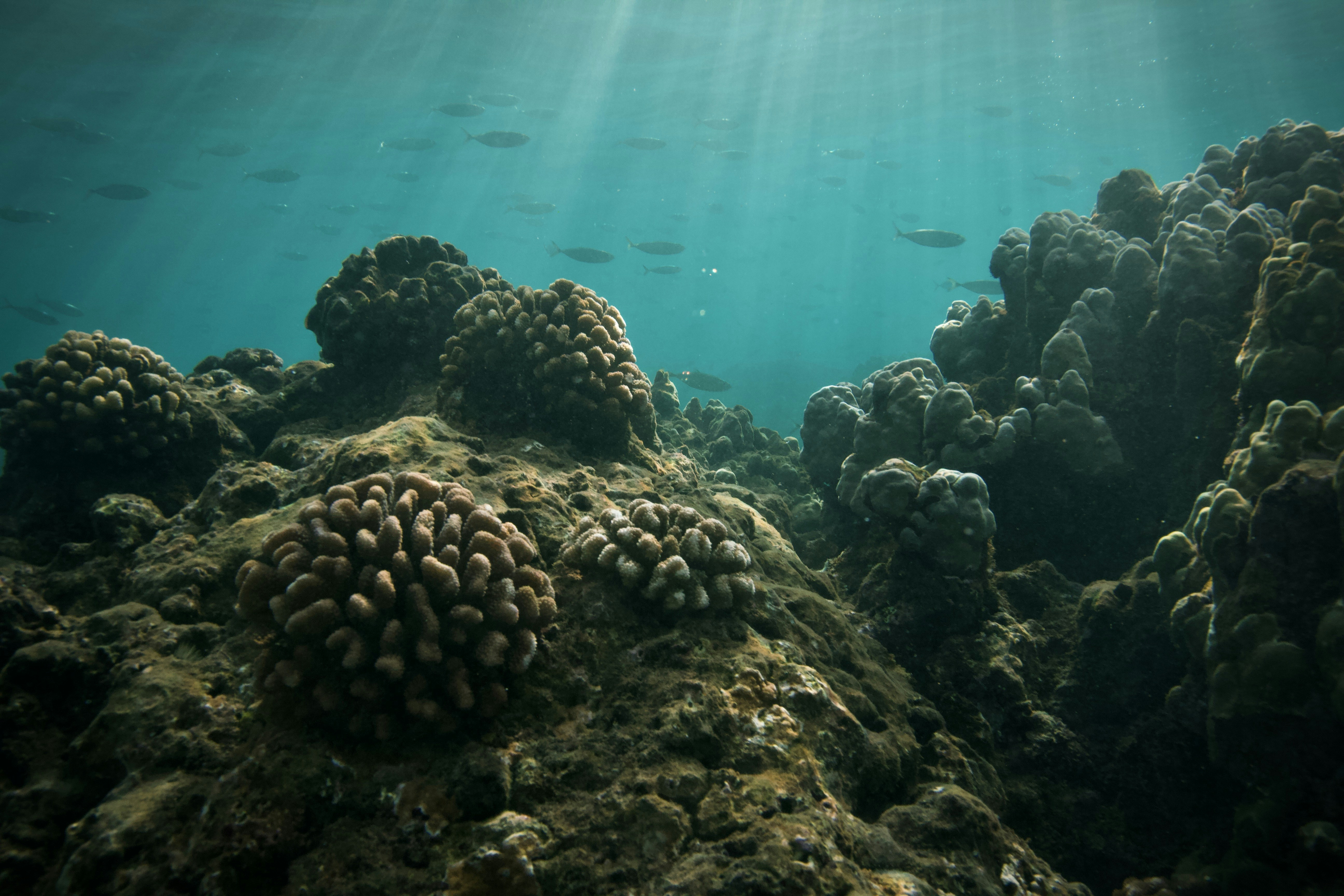
Wow, what a journey! From the vital role oceans play in regulating our climate and supporting biodiversity, to the grave threats they face from pollution, overfishing, and climate change, it’s clear that ocean conservation isn’t just an environmentalist’s passion—it’s a global necessity that impacts every breath we take and every meal we eat.
We started by teasing the question: What exactly is ocean conservation? Now, we can confidently say it’s a multifaceted effort to protect, restore, and sustainably manage the ocean’s ecosystems for the benefit of marine life and humanity alike. It’s about balancing human needs with the ocean’s health, from marine protected areas acting as underwater sanctuaries to community-driven cleanups that tackle plastic pollution at the grassroots level.
We also explored how you, yes YOU, can be a wave of change—whether by choosing sustainable seafood, reducing your plastic footprint, or advocating for stronger policies. The ocean’s future depends on collective action, and every small step counts.
So, what’s next? Dive into the recommended resources below, get involved, and keep riding that green wave with us at Gone Greenish™. The ocean is calling—will you answer? 🌍🐠
Recommended Links: Dive Deeper into Ocean Wisdom 🐚📚
Ready to take your ocean conservation knowledge and action to the next level? Check out these handpicked resources and eco-conscious products that align with our mission of a healthy you and a healthy planet:
-
Marine Stewardship Council (MSC) Certified Seafood:
Shop MSC Certified Seafood on Amazon | MSC Official Website -
Reusable Water Bottles & Eco-Friendly Products:
- Hydro Flask Reusable Water Bottle: Amazon | Hydro Flask Official
- Bee’s Wrap Reusable Food Wraps: Amazon | Bee’s Wrap Official
-
Books on Ocean Conservation:
-
Ocean Conservancy Donations & Volunteer Opportunities:
Ocean Conservancy Official -
Marine Conservation Institute – Marine Protected Areas Info:
Marine Conservation Institute
❓ FAQ: Your Burning Ocean Conservation Questions Answered
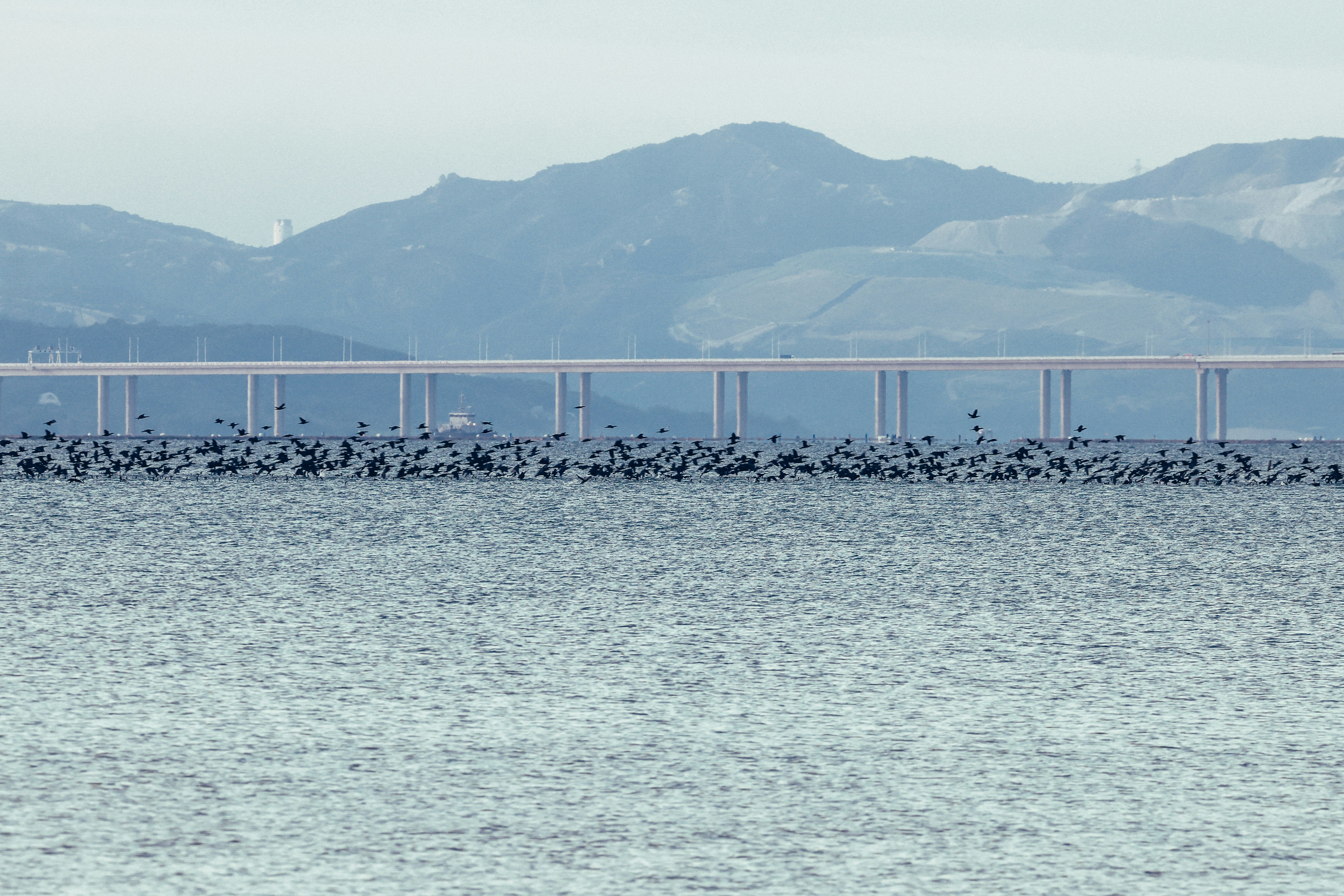
Why is ocean conservation important for human health?
Ocean conservation is crucial for human health because oceans provide half of the oxygen we breathe through phytoplankton photosynthesis and regulate climate patterns that affect air quality and weather. Additionally, oceans are a source of nutritional seafood and medicinal compounds used in pharmaceuticals. Polluted or degraded oceans can lead to contaminated seafood, harmful algal blooms, and increased disease risk, directly impacting human health. The World Health Organization highlights this vital connection.
Read more about “The Importance of Renewable Energy: 10 Reasons to Go Green in 2025 🌱”
How does ocean pollution affect the environment and people?
Ocean pollution, especially from plastics, chemicals, and runoff, harms marine ecosystems by entangling wildlife, introducing toxins, and disrupting food chains. Humans suffer from consuming contaminated seafood, experiencing economic losses in fisheries and tourism, and facing health risks from polluted coastal waters. According to the Ellen MacArthur Foundation, over 11 million tons of plastic enter oceans annually, underscoring the scale of this crisis.
What are the main threats to ocean ecosystems today?
The primary threats include:
- Plastic pollution: Choking marine life and habitats.
- Overfishing: Depleting fish stocks and altering ecosystems.
- Climate change: Causing ocean warming, acidification, and sea-level rise.
- Habitat destruction: Through coastal development and destructive fishing.
- Chemical runoff: Leading to dead zones and toxic algal blooms.
These are well-documented by sources like NOAA and The Humane League.
Read more about “How Oceans Will Be Conserved in 2024? 🌊”
How can individuals contribute to ocean conservation efforts?
Individuals can:
- Reduce single-use plastics and properly recycle.
- Choose sustainably sourced seafood (look for MSC or ASC labels).
- Participate in local beach cleanups and citizen science projects.
- Advocate for stronger environmental policies.
- Support ocean conservation nonprofits through donations or volunteering.
Check out Ocean Conservancy’s Action Center for ways to get involved.
Read more about “Nature Preservation Uncovered: 10 Powerful Ways to Protect Our Planet 🌍 (2025)”
What role do marine protected areas play in ocean conservation?
Marine Protected Areas (MPAs) act as safe havens where marine life can recover and thrive without human interference like fishing or mining. MPAs help restore fish populations, protect biodiversity hotspots, and increase resilience to climate change. The Marine Conservation Institute provides detailed info on their benefits and global coverage.
Read more about “Ocean Conservation: 7 Powerful Ways to Save Our Seas 🌊 (2025)”
How does ocean conservation impact climate change mitigation?
Oceans absorb about 25-30% of human-generated CO₂ emissions, making them a critical carbon sink. Healthy oceans with thriving phytoplankton and seagrass beds enhance this carbon sequestration. Protecting and restoring marine ecosystems like mangroves and salt marshes also helps store carbon long-term. Conversely, degraded oceans release stored carbon, exacerbating climate change. The IPCC reports extensively on these interactions.
What are sustainable practices to protect ocean biodiversity?
Sustainable practices include:
- Implementing catch limits and selective fishing gear to reduce bycatch.
- Establishing and enforcing marine protected areas.
- Reducing pollution inputs from land-based sources.
- Restoring habitats like coral reefs and mangroves.
- Promoting eco-tourism that supports conservation financially.
The Marine Stewardship Council offers certification and guidelines for sustainable fisheries.
Additional FAQs
How does plastic pollution affect marine food webs?
Microplastics are ingested by plankton and small fish, entering the food web and accumulating toxins that affect larger predators, including humans.
Can ocean conservation efforts reverse coral bleaching?
While conservation can improve reef resilience, coral bleaching caused by warming waters requires global climate action to reduce greenhouse gas emissions.
What technologies are advancing ocean conservation?
Innovations include satellite monitoring, underwater drones, biodegradable fishing gear, and AI-powered data analysis to track and protect marine life.
Read more about “What Are the 8 Powerful Sources of Renewable Energy? 🌿 (2025)”
Reference Links: Our Sources, Your Trusty Guides 🔗
- National Oceanic and Atmospheric Administration (NOAA)
- Marine Stewardship Council (MSC)
- Ocean Conservancy
- The Humane League – Ocean Conservation
- Ellen MacArthur Foundation – Ocean Plastics
- World Wildlife Fund (WWF)
- Intergovernmental Panel on Climate Change (IPCC) Special Report on Oceans
- Marine Conservation Institute
- United Nations – Ocean Conservation Strategies
- Environmental Defense Fund (EDF)
- National Oceanic and Atmospheric Administration (NOAA) Environmental Justice
We hope this comprehensive guide from Gone Greenish™ has inspired you to become an ocean champion. Remember, the ocean’s health is our health—let’s protect it together! 🌿🌊

